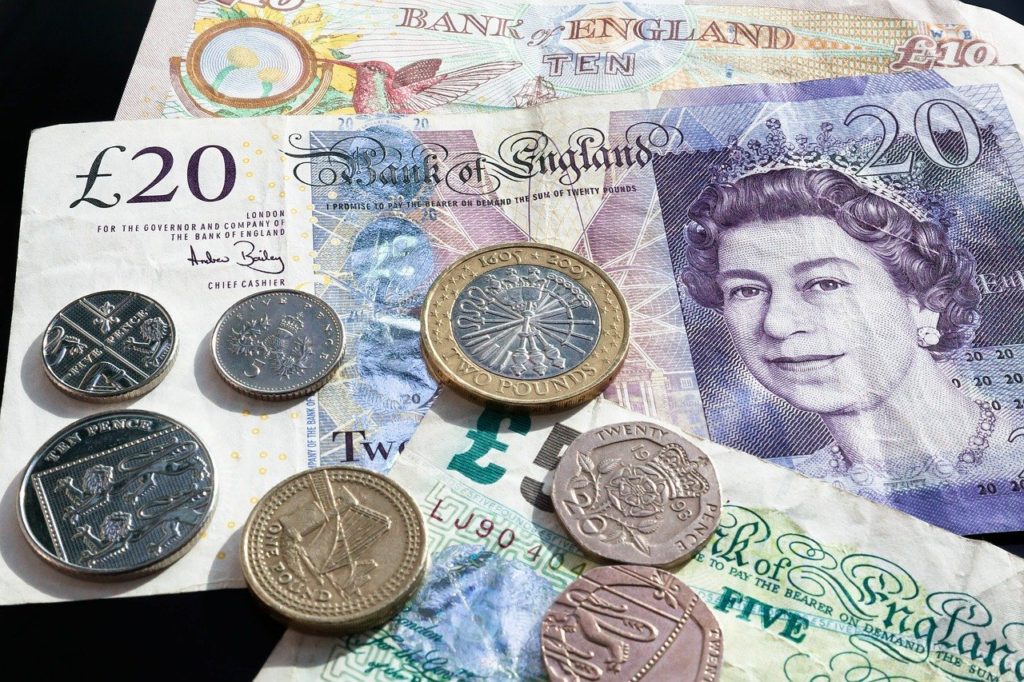Don't get caught out
Beware of Business Fraud
Recently a payment of £3,799.89, payable to LastMinute.com, was fraudulently taken from our business bank account. We contacted our bank and fortunately the money was refunded back to us but we are aware of other businesses that have not been so lucky.
A client of ours received an email from a supplier chasing payment, which asked them to note their updated bank details. After the payment was made our client was advised that the email was fraudulent and was not from their supplier. The bank would not refund the money as the client had chosen to make the payment.
Small and mid-sized businesses are more vulnerable to fraud than larger organisations, and consequently the effects can be more damaging. Always try to be aware of suspicious emails or phone calls and below is our guide on how to protect your business. There is no guarantee you will not become a victim of fraud but with the right prevention you can avoid some of the fraud tricks.

So how do you stay vigilant?
Check your bank accounts at least once a day
Look out for unknown Recipients, unexpected payments and ensure every amount from your account has been authorised by you or another approved signatory.
Contact your supplier
If a supplier asks you to change their details always call your contact or ring their head office. Never call an unknown mobile number on the end of an email as this may also be part of the scam.
Fake invoices – Fraudsters can send you invoices in the post with new bank details.
Hacked email – Invoices can be sent via email or you may receive an email purporting to be from your supplier asking you to update their account details.
Beware of emails you’re not expecting
If you receive an email from a colleague or contact asking you to make an urgent payment to an overdue client always check with the sender
Attachments – do not download attachments from email addresses that you are not familiar with.
Emails can appear to be from someone you know, possibly a colleague, client, business owner or your manager. Always be wary when you receive emails with attachments. If you have any doubts contact the sender to check.
Do not give out personal information to incoming callers
If you receive an unexpected call from HMRC, a supplier or any other company telling you there is an overdue bill, NEVER pay it over the phone. Call back using a number you have previously used and make sure you are talking to the correct company before giving out any personal information.
If your bank ever rings you they will not ask for any personal details over the phone. If you were not expecting the call, do not answer any questions and contact your bank immediately.
HM Revenue and Customs (HMRC) will never call you out of the blue threatening arrest, a lawsuit, offering a tax refund or asking for information such as your name, credit card or bank details.
Hopefully you will never be caught out but taking precautions can help you to keep your business and personal information safe.
Here’s to the success of you and your business!




